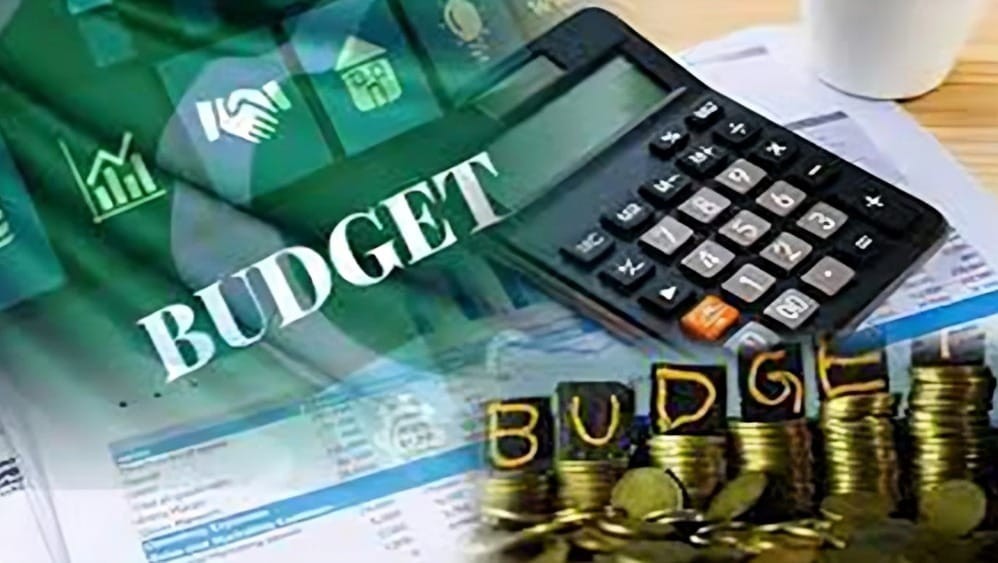Mohsin Siddiqui (Chief Reporter)
The government is expected to revoke tax concessions that currently benefit high-earning individuals disproportionately over the middle-class workforce. This move aligns with the recommendations of the International Monetary Fund (IMF), which has advised treating the incomes of salaried employees similarly to those of non-salaried individuals as personal income. However, this proposal has met with resistance from the Federal Board of Revenue (FBR), which argues that the nature of salaried and non-salaried incomes differ and should not be treated equally.
If the government adopts the IMF’s direction, the tax burden on the salaried class will increase significantly. Currently, the revenue measures for the 2024-25 budget amount to Rs500 billion. However, the final quantum will depend on the IMF’s revenue collection projections. Unlike the traditional practice where the FBR headquarters handled tax recommendations, the Ministry of Finance is now responsible for these computations.
The FBR forecasts that autonomous revenue collection, driven by GDP growth and inflation, will exceed Rs1,150 trillion in FY25. Before finalizing revenue measures, the federal government will consult with the IMF. In the previous budget, the government announced revenue measures totaling Rs415 billion. For the upcoming fiscal year, the FBR has suggested raising the tax exemption limit for the salaried class to Rs1.2 million. However, due to increasing inflation, this request was amended downward to Rs900,000 from the current exemption limit of Rs600,000.
Discussions between the FBR and the IMF have also covered the taxation of pensions. The IMF proposes aligning pension income with salary slabs. However, the FBR’s focus remains on federal government employees’ pensions, which are estimated to be around Rs700 billion. The FBR has opposed introducing a salary slab for pensioner income and suggested an alternative mechanism for taxing wealthier pensioners. In the private sector, large companies also provide pensions to their employees, but no final decision has been made on this issue.
The elimination of tax exemptions will be subject to prior consultation with the IMF. The FBR has provided data on potential revenue gains if these exemptions are withdrawn. The IMF has urged the FBR to collect taxes from traders and wholesalers, who currently contribute little to tax collection. There has been no agreement on increasing regulatory tariffs on imports, as the IMF typically focuses on sales tax and income taxes, especially withholding taxes.
Currently, sales tax exemptions exceed Rs1.2 trillion. Revoking exemptions for food, international agreements, and pharmaceutical products poses a significant challenge for the government. However, certain items, such as insecticides and solar panels, may be subject to sales tax. Additionally, the government plans to increase existing withholding tax rates and introduce new ones, such as reviving the tax on cash withdrawals from banks, to maximize revenue. The finance ministry is also considering imposing a tax on the import of exempted raw materials while increasing tax rates on existing ones.
The previous PTI government had removed the raw material tax to stimulate exports and promote industrialization in the country. This policy was part of broader efforts to revitalize the economy by making it easier for businesses to operate and export goods.
The government’s decision to revoke tax concessions and align with IMF recommendations will have far-reaching implications for the country’s fiscal policy and economic landscape. The increased tax burden on the middle-class salaried employees could lead to significant public discontent. However, these measures are seen as necessary steps to meet the revenue collection targets and adhere to the commitments made with the IMF.




